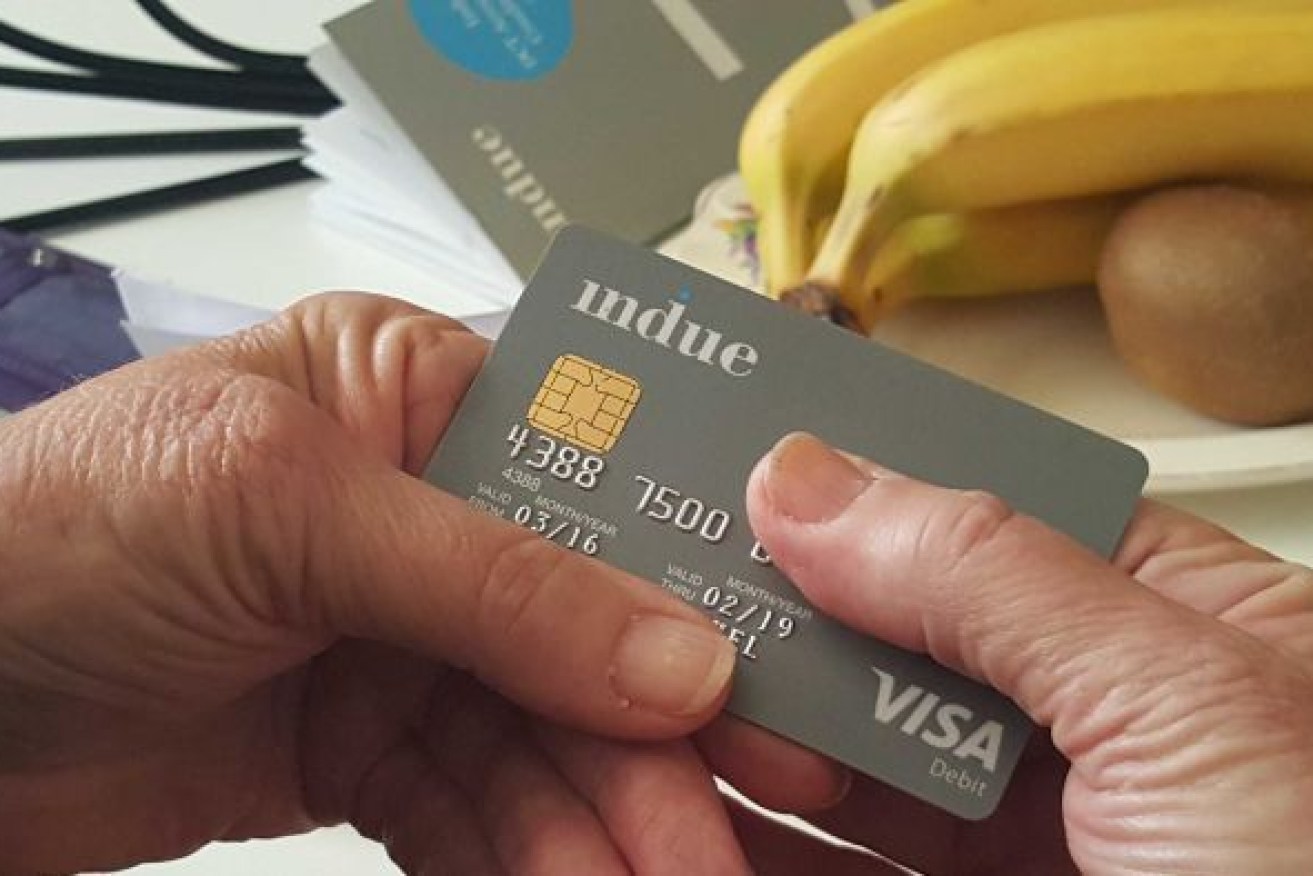Government renews push for cashless welfare in Queensland


The government hopes to expand the trial. Photo: ABC
The Turnbull government wants to expand cashless welfare cards to Queensland towns under draft laws introduced to parliament on Wednesday, months after the idea was shelved.
Bundaberg and Hervey Bay would be the fourth trial sites for the scheme if legislation introduced by Social Services Minister Dan Tehan is passed.
Welfare recipients under the age of 36 would have 80 per cent of their payment quarantined under the trial. Only 20 per cent of payments can be withdrawn in cash, and the card cannot be used to gamble or buy alcohol.
Mr Tehan said the trial would help people “help themselves.”
“Intergenerational welfare dependence is ruining families, there are some young people who have never seen their parents, and even their grandparents, hold down a job.”
Legislation to expand the trial to the Queensland towns and the West Australian Goldfields was introduced in February.
A rollout to the Goldfields site was part of a deal to secure Senate support. The Queensland trials were shelved before being introduced on Wednesday.
Nationals local member for Hinkler, Keith Pitt, said it would “tackle a problem that everyone in our community knows exists”.
Labor has vowed to vote down the bill, saying it was against the trial expansion to Bundaberg and Hervey Bay or beyond.
“Labor believes that there is insufficient credible evidence to support the expansion of further trials of the cashless debit card,” Shadow Social Services Minister Jenny Macklin said in a statement to The New Daily.
“We understand that the vast majority of social security recipients are more than capable of managing their own finances.”
Labor supports the extension of the Ceduna and East Kimberley trials until June 30 next year.
Australian Council of Social Service (ACOSS) CEO Cassandra Goldie said the trial was known colloquially as a “white card”, with 78 per cent of those currently subjected to it identifying as Aboriginal and Torres Strait Islander.
Dr Goldie said the blanket approach did not address drug or alcohol addiction or increase employment, and was not cost effective. It costs $10,000 per recipient each year.
It also limited people’s ability to control their own finances, she said.
ACOSS instead called on the government to increase mental health and drug and alcohol services, and provide additional domestic violence, employment and housing support.
Bundaberg Mayor Jack Dempsey, a former LNP member and former state minister, has turned against the scheme.
Speaking to The Guardian earlier this month, he said the cost of the trial would be better spent on job creation.
The Bundaberg and Hervey Bay trials would take the total number of participants to 15,000.
Mr Tehan and Mr Pitt said independent research into the scheme at Ceduna and East Kimberley found positive results since it was introduced in 2016, including reduced drinking, gambling and drug use.
The Orima Evaluation also heard anecdotal evidence of increased domestic violence in Ceduna, and of an increase in crime committed by Kununurra children seeking cash.
Labor said the review was “flawed” and “inconclusive”, while Dr Goldie noted it was criticised by academics for poor methodology.
The New Daily contacted Bundaberg Mayor Jack Dempsey for comment.
-with AAP
CORRECTION: An earlier version of this article said those on disability and carer payments under the age of 36 would be affected. That is incorrect.








